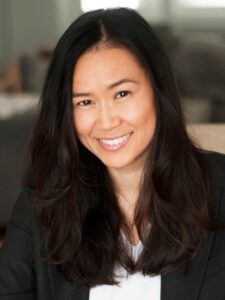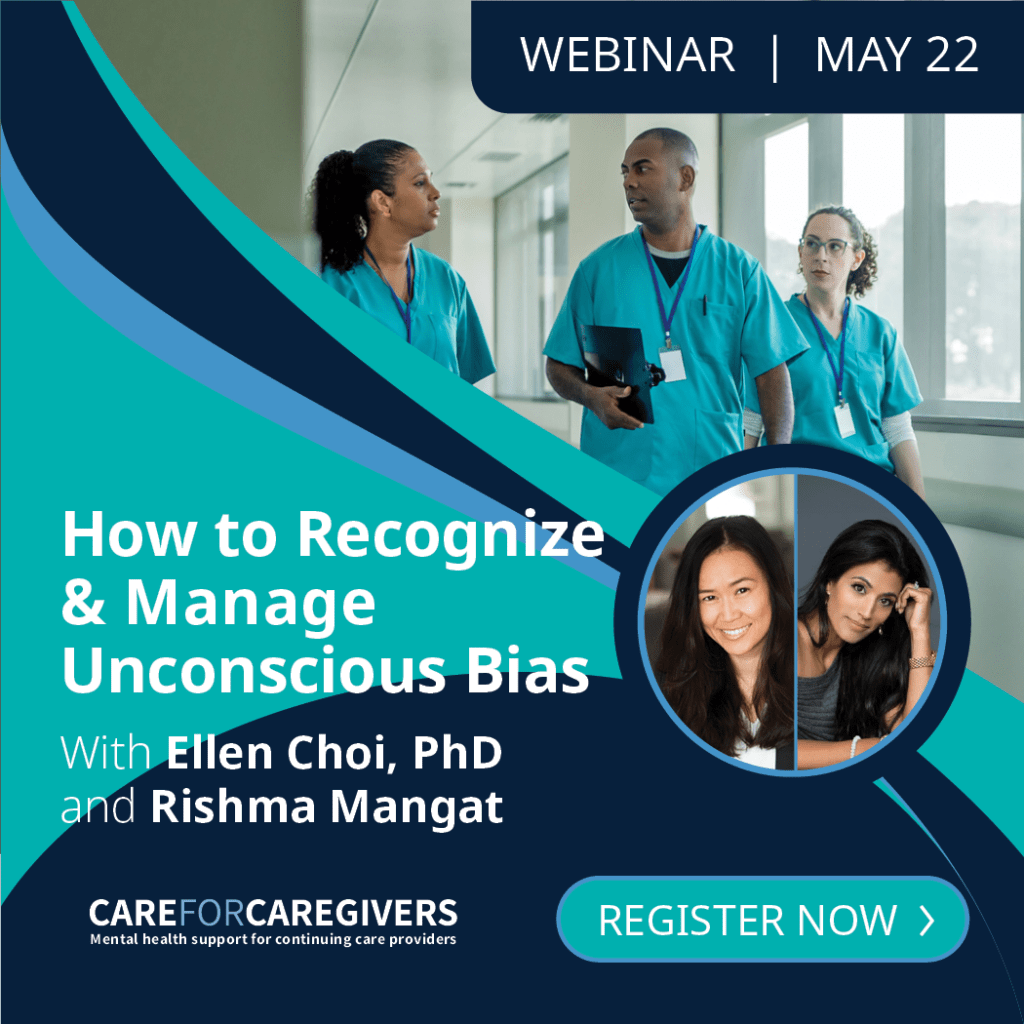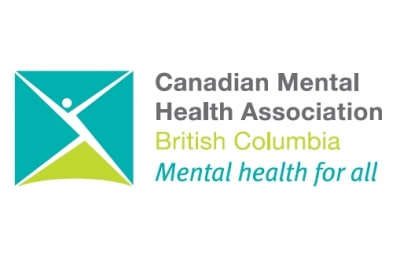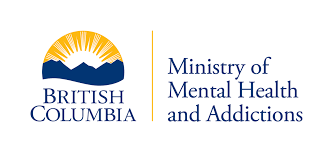- May 22, 12:00 pm PST
- Webinar
Unconscious Bias is a topic that – though not new – is certainly getting more attention recently with the focus on the importance of Diversity, Equity & Inclusion. All of us carry unconscious bias in us, and this alone is not necessarily a bad thing. However, recognizing and working to address it is critical to ensure equity for all groups.
Through a mix of presentation, storytelling, and interactive exercises, this session explores how to recognize various types of bias, the impact that unconscious bias can have (particularly for black, Indigenous and people of color), and strategies to notice one’s own biases to create new patterns of responding. Additionally, this session presents the concept of psychological safety and climates of authenticity by presenting the theoretical value of these ideas, and then invites participants to experientially explore them in the session through reflection and dialogue.
Learning objectives:
- Understand the difference between explicit/conscious bias vs. implicit/unconscious bias
- Acknowledge that we all have unconscious biases and learn to recognize examples
- Learn about the neuroscience behind unconscious biases
- Practice challenging stereotypes and questioning assumptions by speaking up
- Practice responding to someone pointing out a (micro)aggression/(micro)inequity
Our presenters
 Ellen Choi, PHD is an Assistant Professor at Toronto Metropolitan University in the Ted Rogers School of Management. She teaches organizational behaviour, which includes topics like decision making, team effectiveness, leadership, and motivation. She is an organizational social psychologist who trained at the London School of Economics and completed her doctoral degree at the Ivey School of Business. In particular, she studies the efficacy of mindfulness training on performance under pressure, resilience, and errors. Ellen has taught and researched mindfulness with corporate executives, lawyers, MBA students, elementary school students, police recruits, and in health care settings.
Ellen Choi, PHD is an Assistant Professor at Toronto Metropolitan University in the Ted Rogers School of Management. She teaches organizational behaviour, which includes topics like decision making, team effectiveness, leadership, and motivation. She is an organizational social psychologist who trained at the London School of Economics and completed her doctoral degree at the Ivey School of Business. In particular, she studies the efficacy of mindfulness training on performance under pressure, resilience, and errors. Ellen has taught and researched mindfulness with corporate executives, lawyers, MBA students, elementary school students, police recruits, and in health care settings.
 Rishma Mangat is an individual practitioner with the Canadian Centre for Diversity & Inclusion and a Qualified Administrator of the Intercultural Development Inventory®. After a successful 20+ year career in marketing & communications, found herself feeling professionally accomplished but not as personally fulfilled. So, she made a career pivot, and founded In Our Right Minds – an organization that develops DEI programs, mindfulness coaching and leadership development.
Rishma Mangat is an individual practitioner with the Canadian Centre for Diversity & Inclusion and a Qualified Administrator of the Intercultural Development Inventory®. After a successful 20+ year career in marketing & communications, found herself feeling professionally accomplished but not as personally fulfilled. So, she made a career pivot, and founded In Our Right Minds – an organization that develops DEI programs, mindfulness coaching and leadership development.




